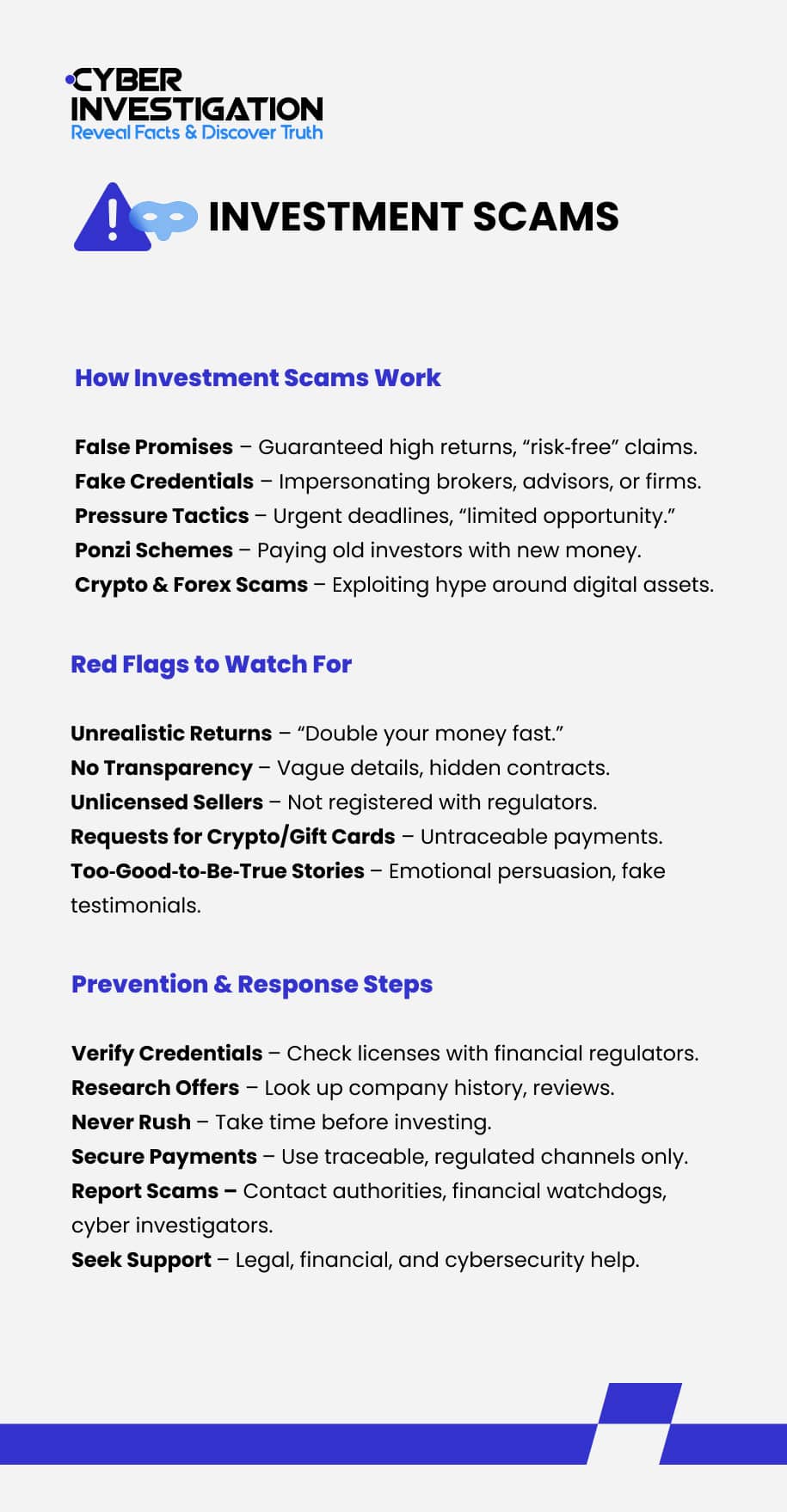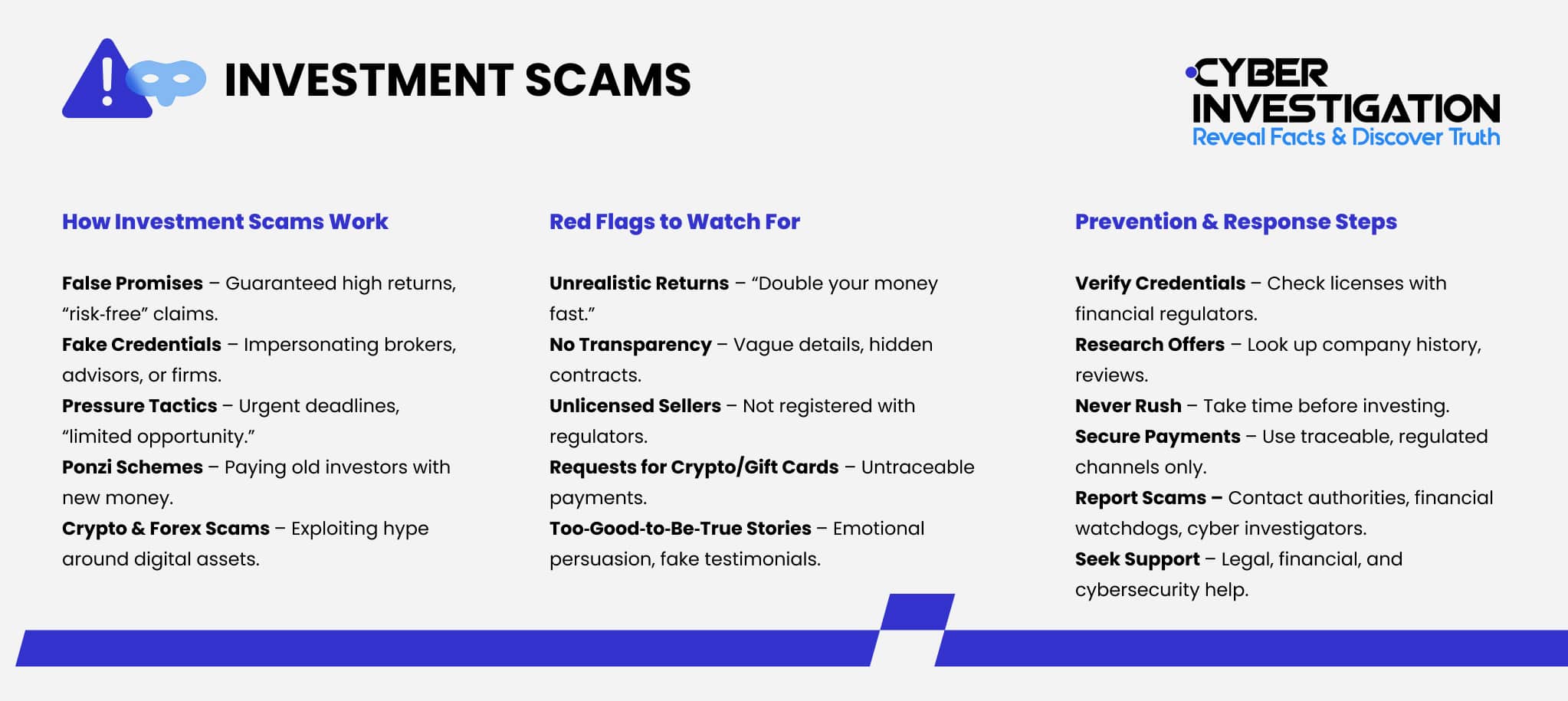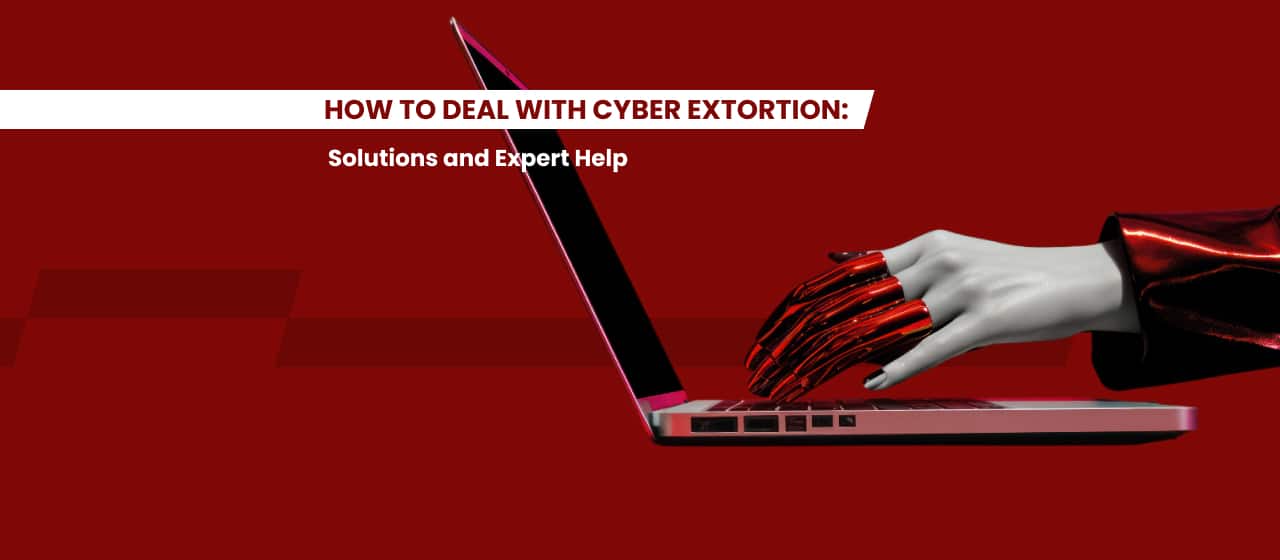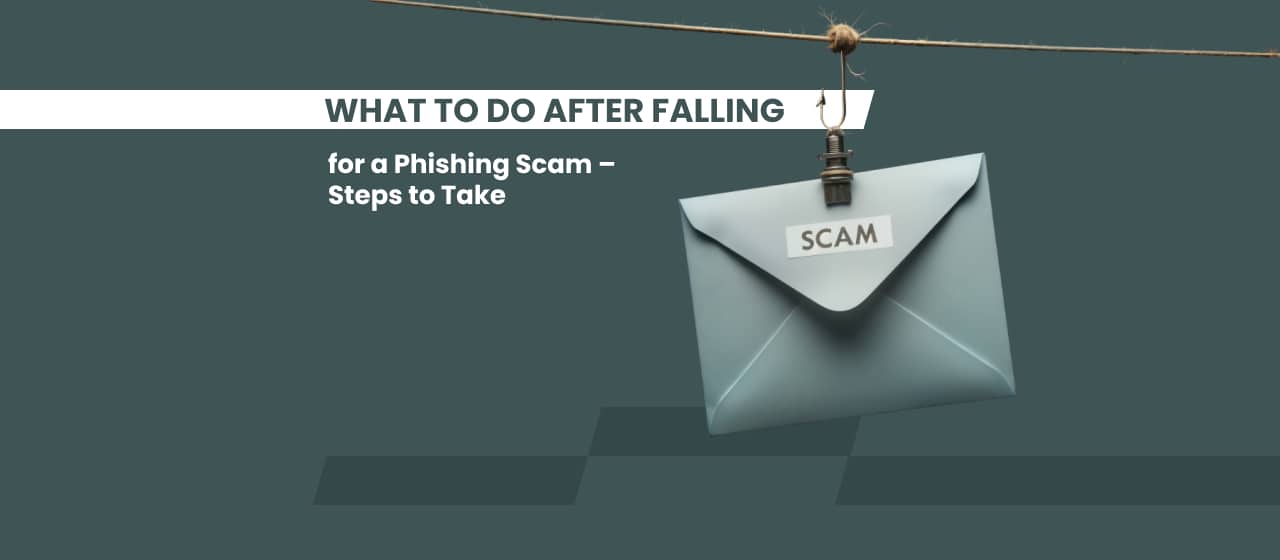In today’s world, investing isn’t viewed as just an option anymore — it’s often seen as a necessity. With high living costs, salaries that barely cover our daily expenses, and ever-increasing inflation, investment becomes an attractive avenue. But investment, at its core, is a risk. New investors often rely on external advice and gravitate toward promises of a quick return, while seasoned investors are mostly risk-takers in disguise. Whether you are a newcomer to the field or an accredited investor, you are putting your funds at stake. This risk becomes a certainty if you fall into an investment scam.
Investment scams are at a record high. According to a 2025 FTC report, investors lost around $12.5 billion in the U.S. alone in 2024. Scammers target people’s need for financial stability by positioning themselves as experts in the field, offering quick and sky-high returns. These scammers defraud investors by playing into people’s psychology and desires. Continue reading to learn more about what an investment scam is, how to identify and protect yourself from it, and what legal actions to take if you fall victim.
The Rising Tide of Investment Scams
Financial scams are at an all-time high, with people losing around $1 trillion globally in 2024. Nearly 12% of this was lost in investment scams in the U.S. This number is expected to increase by 5-10% annually. This surge comes from the growth of the digital market and the shift from conventional broker banking to internet-based investing. From the cryptocurrency market to online real estate businesses, everything has become a landmine of investment fraud.
Another reason for the increase in these investment scams is that they look more realistic than ever. Scammers use professional-looking websites, fake profiles and credentials, and sometimes, support from influencers. The advancement of AI also contributes to these scams. Scammers utilize AI-generated images, voices, and documents to look more legitimate. A man in Ontario lost $11,000 in an investment scam after watching a deepfake video of Justin Trudeau and Elon Musk endorsing the “business”.
It is also important to remember that anyone can fall prey to investment scams. Scammers use human psychology and train themselves to counter suspicion. They portray themselves as established investors and experts in the field to win people’s trust. They run long-term cons to build rapport with their victims, often sending a return initially. Even experienced investors fall victim to these psychologically engineered scams. However, our experts can help you investigate, verify, and recover losses — even from complex financial scams.


How Investment Scams Work: The Anatomy of Deception
The foundation of the investment scam framework is trust and manipulation. For example, Ponzi and pyramid schemes root themselves in trust. Instead of real profit, each individual earns by “recruiting” or scamming more people into the scheme as investors. Each hire comes from a trustworthy person. The scheme runs until new hires or “investors” stop coming. Similarly, fake returns work through manipulations and deception, such as returning used items or empty packages, or using forged price tags or receipts.
An investment scammer may also present themselves as an experienced financier or an expert investor. They would show manufactured testimonials created by their team to build trust. They tend to offer quick and high returns, instilling a sense of urgency and financial greed. As stated before, these scams are psychologically manipulative and designed strategically. They target victims using trust, the need for financial gain, and a natural desire for security.
Investment scams work on many models. The following are some of the most common forms:
- Cryptocurrency investment scams
- Gold and commodities scams
- Real estate investment scams
- Pre-IPO and insider investment opportunities
- Film and entertainment investment scams
- Social media and internet marketplace scams
- Pig Butchering scams
Investment scammers try to follow one or more of these models along with psychologically manipulative tactics. Our team of forensic investigators and fraud examiners frequently encounter a variety of sophisticated investment fraud schemes and can help you identify and avoid them.
Common Types of Investment Scams (with Examples)
We have listed some of the major types of investment scams above. Now, let’s discuss them in detail to understand their framework and how scammers use different techniques to employ these models.
Cryptocurrency investment scam
In this type of scam, scammers persuade victims to buy and invest in digital currencies such as Bitcoin, Tether, or Ethereum. They then transfer the funds over to multiple crypto accounts, making the money trail very difficult to follow. Eventually, they remove all of the funds and close their cryptocurrency accounts, making it almost impossible to track the digital footprint.
They weaponize the lack of knowledge and governance regarding cryptocurrency to run this scam. Since cryptocurrency is still a relatively uncommon territory, even the most experienced and knowledgeable people can easily fall prey. For example, an ex-Australia cop was conned out of his $1.9M savings in a cryptocurrency scam.
Gold and precious metal scams
Gold investment scams are another type of scam where scammers offer to invest in non-existent gold bars or gold mines. They offer fake gold assets at a much lower rate than the market for investors to buy. They may also offer opportunities to invest in a non-existent precious metal mine to extract assets. Scammers send victims fake asset documents to back up their claims up while the victim’s money is transferred into the scammer’s account.
This type of scam also involves persuading victims to invest their gold assets in businesses. The victims often hand over their real gold assets to the scammer in hopes of a high return. They may also con the victims by offering to store their assets for security. An Oregon woman lost $300K in a similar fashion when she handed over gold assets for “safekeeping”. Since the asset transfer is in person, scammers choose locations that have no surveillance. This makes it harder for the authorities to track the scammer’s identity and prove that the scam ever happened.
Gold and precious metal scammers often target senior citizens as their prey. They target the victims’ lack of financial and digital knowledge. For example, an elderly woman in Pennsylvania lost half a million dollars in a gold scam. The scammers manipulate them with a sense of urgency and pressure them into either buying fake gold or selling the real one.
Real estate investment scam
In this type of scam, investors are offered opportunities to invest in overvalued properties. These properties either do not exist or have a disputed status. Again, scammers may show investors forged documents as proof. This type of scam is usually short-term, and scammers may use external and legitimate organizations to complete their con.
This scam is designed to target both accredited and inexperienced investors alike. For experienced investors, scammers often offer disputed land or property using forged but realistic-looking documents. They con the investors by pressuring them with urgency and fake competition, only to realize the property or returns were fake all along. These scams are often carried out by people you may know and trust. A man in Florida lost $1.6M to a real estate scam carried out by a woman he had known for years.
Another way real estate scams work is by targeting the elderly and scaring them into signing over their property to a trust for safekeeping. Just like the gold scams, scammers convince senior citizens that they may lose their property because of pending taxes. They then convince them to sign over the property to a trust, which will handle its maintenance and taxes. A woman in North Carolina nearly lost her $4 million home after a scammer transferred her property into a trust.
Pre-IPO and Insider Investment Opportunities
The main target of these scams is usually experienced investors, but anyone can fall victim. This type of scam is often long-term, and scammers take their time to build rapport and establish trust. They pretend to offer exclusive access to pre-IPO shares of companies before they go public. Scammers back up the fake pre-IPO with fabricated documents and use the name of a pre-established and legitimate firm.
Scammers also establish trust by presenting themselves as experts in the industry. They may describe themselves as holding a high position in a known financial firm or organization. For example, an experienced Singaporean investor lost $70K when a scammer presented him with hyper-realistic forged documents.
They encourage the victims to invest a large sum and offer extremely high returns. What makes it believable is that legitimate pre-IPOs do turn over high returns. These scams use the name of an existing firm to throw off suspicion and make it difficult to track the inauthenticity. They are backed by proper websites, active communication, and forged documents. A man defrauded more than fifty investors in a pre-IPO investment scam, stealing millions of dollars.
Social Media Scams
The use of social media has increased exponentially over the last decade. And with the increase in usage also came an increase in social media scams. Scammers use these online platforms to lure people into investment fraud. The overall structure of social media scams involves anonymity and impersonation. They extensively use AI to generate false resources and fake personas and IP masking tools to ensure anonymity. There is a wide variety of these scams.
For example, fraudsters may offer investment opportunities in small or large businesses with a guarantee of extremely high returns. Their target audience is often younger investors who require financial stability. According to a report by ActionFraud UK, around 160 people lost £350,000 (approximately $46K USD) in an investment scam in 2020. They sell fake products or encourage users to start their own drop-shipping business by purchasing a batch of products through the marketplace. Once the scammer secures payment for the said inventory, they deactivate their account and disappear.
Investors may also encounter investment scams on messaging platforms. Scammers use WhatsApp or Telegram groups and offer investment opportunities using quick and easy returns as bait. These groups have teams with some people acting as solicitors while others pose as successful investors. The “successful” investors may encourage others to take the opportunities, citing their own profits and success.
Another form of social media scam is investment gurus and mentors. These people offer to train you on “secrets” that made them millionaires. They offer a glimpse of their “courses” and persuade potential investors to buy a subscription to unlock more details. They may also encourage social media users to invest in their recommendations to gain high profits. They use psychological tactics such as the “fear of missing out” to encourage their target audience to invest. Thousands of users sign up in hopes of gaining financial knowledge and making educated decisions.
Pig Butchering Scams
This is a two-tier scam. First, the target is lured into a romantic relationship through social media or dating apps. The scammers first establish an online presence and make it believable for the target by creating fake history. They utilize charisma and human psychology to create a romantic bond and groom their victim. They also take time to build trust and establish an emotional connection. In 2024, a woman lost $1 million and her house to a pig butchering scam over several months. This part of the con is called “fattening the pig”.
Once they solidify a sense of connection, they force the victims into large investments. They may also pressure their victim into transferring money under the guise of emergencies and loans. After transferring money into their own accounts, scammers disappear. This part of the scam is called “butchering the pig.” This type of scam makes extensive use of social media presence and AI. According to a ScamWatch HQ report, investors lost approximately $12.4 billion globally to pig-butchering.
A secondary play to pig butchering is blackmailing. Oftentimes, during the grooming period, a scammer may receive victims’ sexually explicit images or videos. They may also extort personally incriminating information about victims. Scammers may sometimes use this information as a secondary option if their initial scam falls apart, turning the scam into sextortion. Our team of experts can help you understand what sextortion is and how to avoid it.
How to Spot an Investment Scam
At Cyber Investigation Inc., we emphasize the importance of early detection. There are always signs to identify if an opportunity is legitimate or a scam. Before making any investment, be sure to look out for certain issues, as they may help to avoid investment scams. If you feel you are seeing more than one of these red flags, it is better to avoid the opportunity altogether. Here is our checklist of red flags to look out for to spot investment scams:
- Unrealistic guarantees: Phrases like “fixed profit,” “zero risk,” or “guaranteed returns” are hallmarks of fraud.
- Untraceable payment requests: If the person requires an advance payment in the form of cryptocurrency or gift cards, it is best to avoid it. These types of payments are hard to track and almost never recoverable.
- Lack of verifiable credentials: Look for business registration through national or international platforms. You should also check your country’s national bank’s announcements to verify if it allows a business to receive investments. If a business is flagged by your government or you don’t find any relevant verification, do not invest in it.
- Suspicious online identities: Avoid investment offers where there is a lack of communication or when you cannot identify the solicitor’s identity on business platforms like LinkedIn. Fake businesses often impersonate real people and businesses by using their publicly available images and brand voice.
- Opaque company structure: Another red flag is the lack of a founder, a business address, or business history.
- AI-generated content: Beware of deepfakes and AI-generated content. Check the writing and fonts of an image, as AI often makes mistakes in font duplications. If an image involves humans, pay attention to limbs and shadows.
How to Protect Yourself from Investment Scams
Prevention is our strongest protection. It’s better to be extra careful and keep your money safe. Here are some useful tips on how to avoid investment scams based on our experience looking into complicated fraud cases:
- Verify licensing and registration: Check regulatory authorities like the SEC, FCA, or your country’s financial authority.
- Do thorough background research: Use official databases, corporate registries, or public filings. Check on social media and business platforms to verify the solicitor’s identity. Perform a reverse image search on their profile image to confirm if it’s a stock image. If the solicitor is using the name of a legitimate company, check the company’s official account to confirm the offer exists.
- Use only regulated platforms: Stick to exchanges or brokerages with transparent compliance and third-party oversight. In cases involving cryptocurrency, do not use a new or unrecognized crypto exchange platform.
- Resist rush financial decisions: Pause if you feel an urgency or emotional pressure to invest. It’s better to lose a “time-sensitive” opportunity than to lose your money.
- Secure your digital accounts: Apply multi-factor authentication and secure wallets. Follow the guidelines and security measures provided by the crypto wallet you are using. Make sure the name on the crypto account matches your solicitor’s name.
- Document everything: Keep records of your conversations in the form of text and screenshots. Keep a copy of the terms and conditions and transaction proofs. Track the timeline of chat and transactions in your documentation. In case you lose money to a scam, the documentation can significantly help you recover your losses.
- Trust your instincts: If something feels off, pause, then verify through multiple independent sources before making any investment.
- Consult neutral experts: Engage financial advisors, fraud investigators, or forensic analysts before committing a large investment. DFC offers expert financial advisory and fraud analysis, offering you investment fraud protection.
What to Do If You’re a Victim of an Investment Scam
If you are a victim of investment fraud, taking action right away can greatly increase your chances of getting your money back. Quick but coordinated action helps keep forensic evidence safe and makes it more likely that you will get back at least some of your money.
Our team helps victims respond in a practical, forensic-based way. If you are a victim, you must follow these incident response steps:
- Cease all communication: Stop interacting with the scammers right away. However, you should avoid blocking them. This can delete evidence that might prove their wrongdoing.
- Preserve all evidence: Save your conversations, chat logs, transaction history, platform URLs, and wallet addresses. Take pictures of the websites they say they use for business and their wallet.
- Contact financial institutions: Ask your bank or exchange for an immediate transaction freeze, chargeback, or fraud investigation.
- Report to regulators: File a complaint with your national securities regulator, your cyber-crime unit, or a financial authority. In the case of the USA, contact IC3 immediately.
- Contact digital forensics professionals: Contact digital forensics experts to trace the money trail. Our team offers digital forensic investigation to trace digital footprint and generate legally admissible reports to help build your case and recover your funds.
- Avoid recovery scammers: Be cautious of recovery scammers, as there are fraudsters who pose as recovery agents and demand further money with false promises. Instead of getting your money back, you may end up losing more money.
Legal Actions and Recovery Options
When you find out you’ve been a victim of an investment scam, it can feel like the damage is irreversible. But you still have choices, and there are a number of legal ways to fight the fraud. Whether it was a fake brokerage, fraudulent crypto exchange, or a scheme that worked in more than one country — if you act quickly, you have a better chance of getting back what you lost and moving the case toward accountability.
Your first step should be filing a report with a national security regulator. These agencies will look into fraudulent operations and freeze assets while the digital footprint is still fresh. After that, they will take action against the people or businesses that are behind the scam.
If the fraud included wire transfers, impersonation, hacked accounts, or online payment systems, you could also report it as a cybercrime. Law enforcement agencies often coordinate with banks, payment processors, and international cyber units to trace transactions and link them back to the people who set up the deceptive platforms.
Some victims also file civil lawsuits or hire forensic experts. You can get money directly through a civil case while digital forensics, like blockchain analysis in crypto-related scams, can show how money moved from one wallet to another and who was in charge of those assets in the end.
Cross-border scams add an additional layer of difficulty, especially when the scammers operate from multiple jurisdictions. Even so, crypto-related fraud often leaves a transaction trail. And even complex scams tend to leave digital footprints that can be uncovered through careful blockchain forensics.
At CI, we specialize in tracing financial flows, uncovering who sits behind shell entities, and documenting evidence in a way that supports recovery or legal action, even across borders.
Why Investment Scams Are So Effective
Investment scams work because they tap into natural human instincts. People want to trust, discover opportunities, and believe that they are finally getting a chance to make their lives better financially. Based on these feelings, scammers create settings that seem professional and polished. They show fake success stories and reviews to make their plans seem real. People think of it as proof that it’s real, so they invest without realizing they’re being tricked.
These scams have gotten worse because of technology. AI tools can make hyper-realistic videos of influencers and financial experts endorsing platforms and generate long conversations that feel personal and comforting. Someone who thinks they’re getting guidance from a real mentor may actually be chatting with an AI designed to win their trust.
The emotional experience of a victim usually follows a painful pattern. It begins with hope, the feeling that a rare opportunity has appeared. That hope grows into excitement when the scam shows early “profits” that look real. With time, you start noticing red flags and begin to doubt your decision. Once the truth becomes clear, many people fall into shame and blame themselves. This shame keeps victims quiet, allowing scammers to keep operating in the dark.
It’s important to remember that victims aren’t naive. They’re targeted by highly coordinated and increasingly sophisticated operations. The more we talk about these scams, the easier it becomes to recognize them and protect ourselves and others.
How to Recover: Real Support for Victims
If you fall for an investment scam, the most important thing to do is to act quickly and get in touch with the right people. There are agencies that deal with these kinds of cases every day and reporting them early can really help. These organizations won’t judge you. They exist to document the crime, flag patterns, and, in some cases, help stop the scammers before they strike again.
Alongside official reporting channels, there are professional investigation teams that specialize in tracing digital funds, recovering online activity logs, and preparing evidence for law enforcement. They know how scammers work and have special tools to find digital trails. They can also help you organize your case so that you don’t lose important information.
The best chance of getting a good result is to act quickly. Documenting the fraud helps police find criminal networks quicker and stop other people from falling for these kinds of investment scams.
Talk to our qualified experts who handle online fraud cases if you’re not sure where to start. A short consultation can help you figure out what to do and keep your other assets safe. We can guide you to take the next steps, as it’s not something you need to handle alone.
Protect Your Investments and Future
Our mission is to help you protect your funds, preserve evidence, and help those harmed by financial crime. Investment fraud is not only a financial risk — it’s a trust crisis. But with expert help, you can reclaim your power.
If you suspect you’ve been scammed, or simply want to verify an opportunity, our forensic team is ready to assist. We offer confidential consultations, detailed investigation plans, and expert reporting. Contact us today to begin a discreet, professional evaluation.
FAQ
How can I tell if an investment is legitimate?
Legitimate investments are backed by proper paperwork and are recognized by regulatory bodies. Check if the company’s credentials are valid and have legitimate online and public presence. Be wary of any opportunity promising guaranteed returns without risk.
Can losses from crypto investment scams be recovered?
Yes, digital forensic techniques can track blockchain transactions and identify where funds went. It can help in building evidence for legal recovery. While not every case results in full recovery, a structured forensic investigation improves your chances significantly.
Where do I report investment fraud?
You should tell the right people, like securities regulators, consumer protection agencies, or cybercrime units, for example, the FBI IC3 in the U.S. The sooner you report, the better your chances are of freezing assets or finding stolen money.
What should I do if something about an investment feels off?
Pause, don’t send any money, and document all communications. Reach out to independent experts including our forensic analysts, licensed financial advisors, or investigators to verify the opportunity before you commit.
Are social media “trading experts” safe?
Exercise caution. Many so-called Instagram mentors or WhatsApp “traders” operate unregulated schemes. If they are not transparent, licensed, or verifiable, treat such offers as high risk and independently vet them before trusting.







